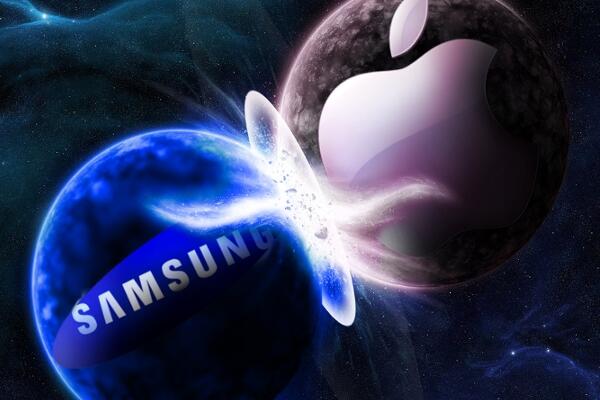Apple and Samsung will duke it out in the courtroom over technology patents later this month. As the second California trial looms (it begins March 31), the two technology giants have filed a stipulation with the United States District Court of California which narrows the second case, patent blogger Florian Müeller reported on his blog, FOSS Patents.
Under the stipulation, Samsung withdrew its asserted claims based on three standard-essential patents while Apple dropped all of its counterclaims relating to these patents…
Müeller explains:
Samsung agreed to dismiss without prejudice (i.e., it could reassert in subsequent litigation) three of its asserted patent claims. As a result, its offensive case at the upcoming trial involves one claim each from two non-standard-essential patents , but no standard-essential patents anymore.
As the name suggests, standard-essential patents relate to common inventions which simply must be used in order to comply with technical standards. An example of a standard-essential patent is an essential technology related to transferring data over the fourth-generation LTE cellular networks.
Standard bodies, by the virtue of standard-essential patents, require members grant licenses to a patent if it covers a technology that the organization is developing.
This prevents technology-essential patents from being locked by a single party, thereby stifling innovation and hampering competition. Samsung has been criticized over leveling standard-essential inventions at Apple before.
The Galaxy maker used these patents to rather unsuccessfully seek royalties.
Last month, for example, the United States Department of Justice reprimanded Samsung for leveraging standard-essential patents to seek an import ban against older Apple products into the United States.
In the same vein, the European Union in 2012 was probing Samsung’s handling of industry-essential patents that EU regulators insist should be licensed to others on fair, reasonable and non-discriminatory terms (FRAND).
The $1.05 billion August 2012 ruling against Samsung has found the conglomerate guilty of infringing upon Apple’s non-standard-essential iPhone patents.
